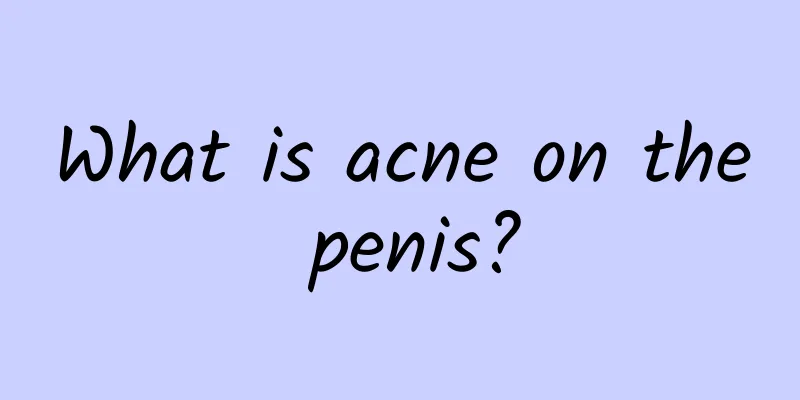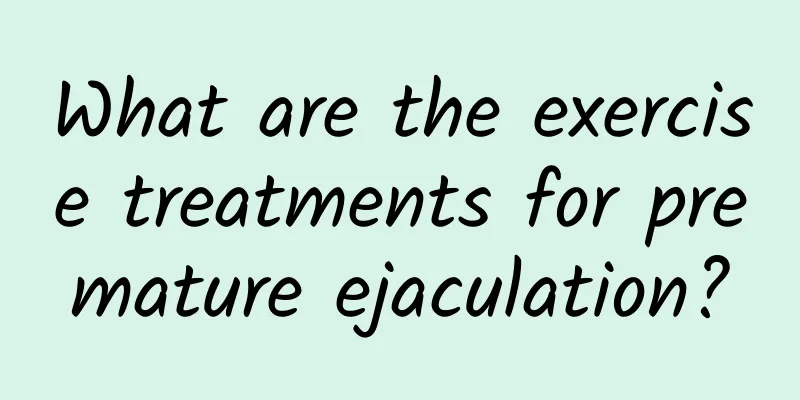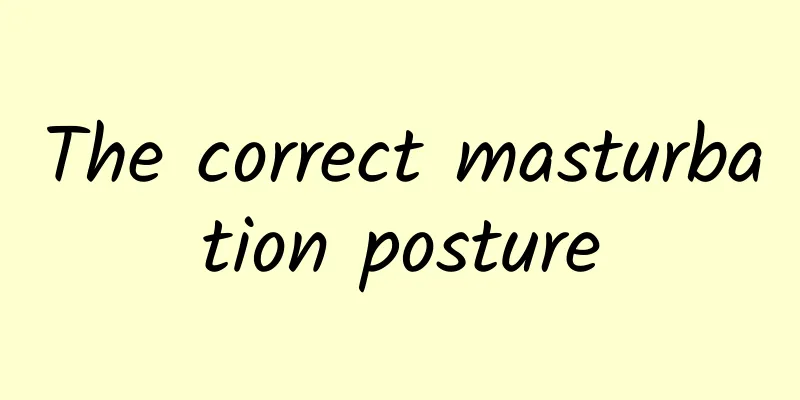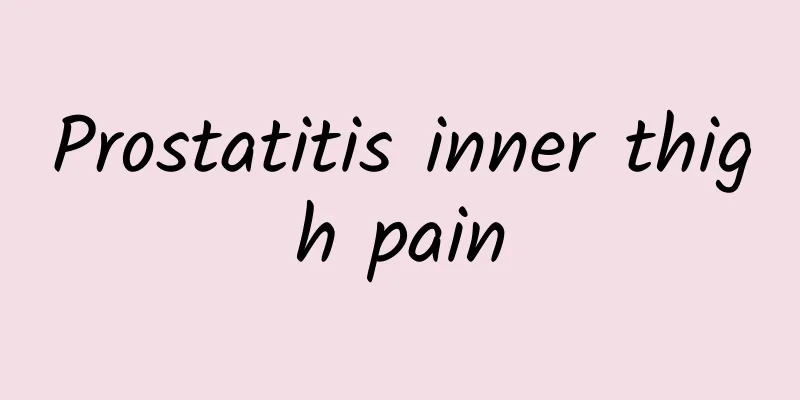What is normal blood pressure? What should you pay attention to if you have high blood pressure?
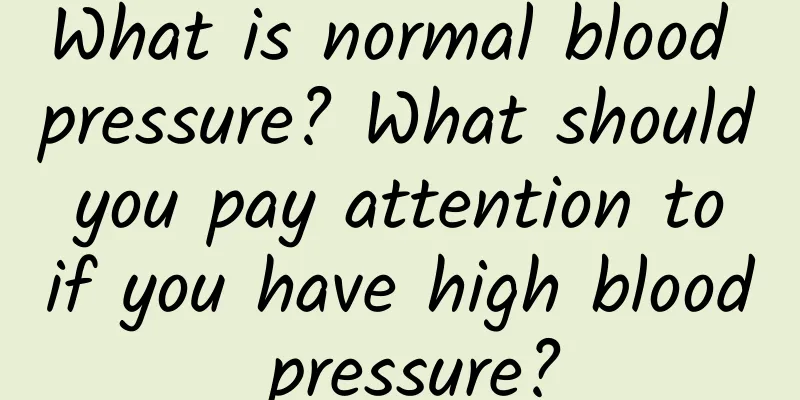
|
When people reach a certain age, they are most likely to suffer from the three highs. In order to avoid the occurrence of these diseases, it is necessary to understand some basic knowledge of daily life. So what is normal blood pressure? Blood pressure category Systolic blood pressure (mmHg) ---- Diastolic blood pressure (mmHg) Ideal blood pressure 120--------80 Normal blood pressure 130--------85 Normal high value 130~139-----85~89 Mild hypertension (grade 1) 140-159-----90-99 Subgroup (critical hypertension) 140~149-----90~94 Moderate hypertension (grade 2) 160-179-100-109 Severe hypertension (grade 3) ≥180---------≥110 Simple systolic hypertension ≥140---------<90 Low blood pressure <90 --- or --- <60 (Using a mercury column blood pressure meter is more accurate) Precautions for hypertension: Healthy diet 1. Importance of diet for high blood pressure: Food is the most important thing for people. A reasonable diet can keep you neither fat nor thin, and your cholesterol level neither high nor low. 2. Dietary considerations for patients with hypertension: ①Carbohydrate foods: Suitable foods: rice, porridge, noodles, pasta, arrowroot starch, soup, taro, soft beans. Foods to avoid: sweet potatoes (foods that produce abdominal gas), dried beans, and strong-flavored biscuits. ②Protein foods: Beef, lean pork, white fish, eggs, milk, dairy products (cream, yeast milk, ice cream, cheese), soy products (tofu, natto, soybean flour, fried tofu) Foods to avoid: foods high in fat (beef and pork belly, spareribs, whale, herring, tuna, etc., processed foods (sausages) ③Fat foods: Suitable foods: vegetable oil, a small amount of butter, salad dressing Foods to avoid: animal oil, lard, bacon, sardines in oil ④ Vitamins and mineral foods Suitable foods: Vegetables (spinach, cabbage, carrots, tomatoes, lily root, pumpkin, eggplant, cucumber) Fruits (apples, oranges, pears, grapes, watermelons) Seaweed and fungi should be cooked before eating. Foods to avoid: Vegetables with hard fibers (burdock, bamboo shoots, beans) and vegetables with strong irritants (spicy vegetables, coriander, mustard greens, onions, mustard greens) ⑤Other foods Suitable food: light tea, yeast milk drinks Foods to avoid: Spices (chili, curry powder), alcoholic beverages, salted foods (vegetables, fish roe), pickles, coffee 3. Eating habits that patients with hypertension should pay attention to ① First of all, we must control energy intake. It is recommended to eat complex sugars, such as starch and corn, and eat less glucose, fructose and sucrose. These sugars are monosaccharides and can easily cause increased blood lipids. ② Limit fat intake. When cooking, choose vegetable oil and eat more marine fish. Marine fish contains unsaturated fatty acids, which can oxidize cholesterol, thereby reducing plasma cholesterol, prolonging platelet aggregation, inhibiting thrombosis, and preventing stroke. It also contains more linoleic acid, which has a certain effect on increasing the elasticity of microvessels, preventing blood vessel rupture, and preventing complications of hypertension. ③Intake protein in moderation. The daily protein intake for hypertensive patients is preferably 1g per kilogram of body weight. Eating fish protein 2-3 times a week can improve vascular elasticity and permeability, increase urinary sodium excretion, and thus lower blood pressure. If hypertension is combined with renal insufficiency, protein intake should be limited. ④ Eat more foods rich in potassium and calcium but low in sodium, such as potatoes, eggplants, kelp, and asparagus. Foods high in calcium: milk, yogurt, and shrimp skin. Eat less meat soup, because the nitrogen extract in meat soup increases, which can promote the increase of uric acid in the body and increase the burden on the heart, liver, and kidneys. ⑤ Limit salt intake: gradually reduce it to less than 6g per day, that is, after removing the rubber pad from an ordinary beer cap, one flat cap of table salt is about 6g. This amount refers to the total amount of table salt, including cooking salt and the sodium contained in other foods converted into table salt. Appropriately reducing sodium salt intake helps lower blood pressure and reduce sodium water retention in the body. ⑥ Eat more fresh vegetables and fruits. Eat no less than 8 liang of fresh vegetables and 2 to 4 liang of fruits every day. ⑦ Appropriately increase seafood intake: such as kelp, seaweed, seafood fish, etc. |
<<: Do you still remember the taste of a kiss? Several rules for keeping a happy marriage fresh
>>: How is vascular migraine diagnosed?
Recommend
Penile pain after urination
The pain of the male penis generally refers to th...
Why do testicles move?
The testicles are on the inner side of the scrotu...
What ointment should I use for itching in my genitals?
The most vulnerable part of men's body is the...
I have no interest in the sexy girl in front of me. Am I sexually apathetic?
Does sexual indifference really have anything to ...
What is the disease when one testicle becomes enlarged?
For men, they all hope that their reproductive or...
What are the symptoms of high blood pressure?
There are often some signs and symptoms that tell...
5 ways to treat premature ejaculation, let you say goodbye to premature ejaculation
Premature ejaculation is a common male disease. T...
Male perineum lumps
Male perineal pain generally needs to be consider...
I felt a small lump in my scrotum.
Many men will inadvertently find that there are s...
Dietary therapy for renal insufficiency
If people with kidney disease do not pay attentio...
What should men eat when their immunity is reduced?
Generally speaking, men have much stronger immuni...
Why is the scrotum itchy and peeling?
The genitals are the areas that we need to focus ...
COVID-19 may cause male infertility
Speaking of major events in 2020, it must be the ...
Things men should pay attention to before getting pregnant
If you want to have a healthy baby, you need to p...
How to restore kidney function? Finding the cause of the disease is the key
Kidneys are very important for the physiological ...
